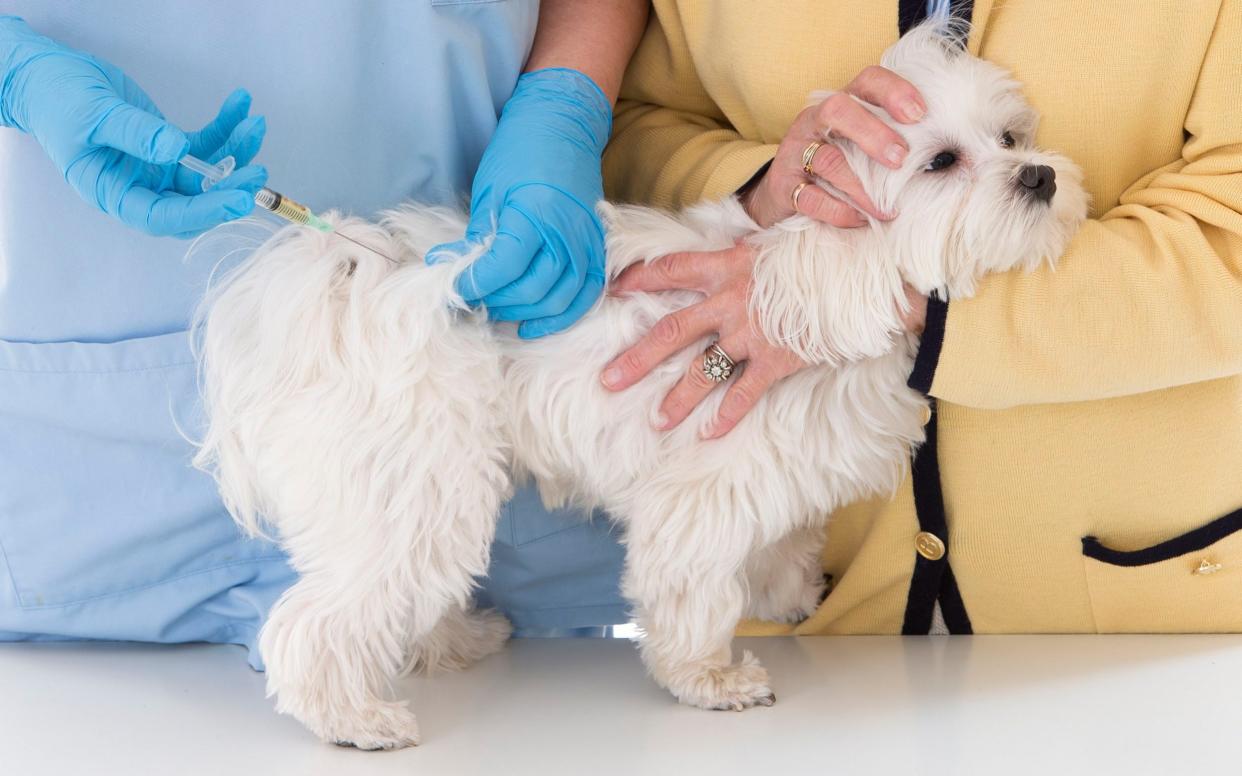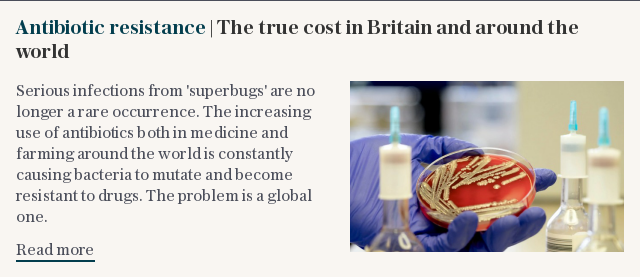Anti-vax attitudes and cost behind low levels of animal immunisation

Poor vaccination levels in pets and livestock are putting animals in danger of preventable diseases as well as risking a rise in superbugs, a report warns.
“Anti-vaccination” attitudes among pet owners, high prices and lack of access are driving immunisation below “optimal levels”, a report by Animals for Health, an organisation representing vets and the animal pharmaceutical industry warns.
Vaccination is vital for preventing a range of diseases as well as avoiding the need for antibiotics.
Overconsumption of antibiotics in livestock, particularly as growth promoters and to prevent disease, is one of the reasons for the rise in antibiotic resistance in humans. The World Health Organization has called for an end to the administration of these vital drugs to healthy animals.
The report says that vaccination rates among large livestock producers in richer countries is high, with rates typically at 80 per cent or above in Europe, the United States, South Africa, Australasia and East Asia.

But in backyard and smallholder farms, which proliferate throughout sub-Saharan Africa, Asia and South America, uptake of vaccination is low to negligible. The spread of African Swine Fever throughout Asia and beyond is thought to be partly due to poor standards of hygiene and animal husbandry in such farms.
Cost is one reason for a low vaccination rates, the report says. Farmers may opt for treatment over prevention when evaluating costs, while one in five UK pet owners cited cost as a reason for not vaccinating their animals.
The report says that in Europe and the US pet vaccination rates are “reasonable to high” but says warning signs are emerging.
In the US, a study in the Journal of the American Veterinary Association found that 17 per cent of owners thought that vaccination was unnecessary. And a recent study in the UK has found that vaccination levels have fallen by seven per cent since 2011.

Earlier this year the Federation of European Companion Animal Veterinary Associations said that anti-vaccination attitudes had hit pet owners. It warned that the UK dog and cat populations are losing their “herd immunity” thanks to conspiracies progated online, in turn threatening owners.
In emerging economies - such as China and Brazil - pet vaccination is negligible the report warns, despite an increase in pet ownership.
Carel du Marchie Sarvaas, executive director of Health for Animals, said: “ We have seen a real explosion in the pet population around the world. It’s a status symbol in many places. In Beijing, there are a lot of dogs compared to a few years ago.”
He said poor vaccination rates in middle income countries were normally due to a lack of awareness or availability.
“It’s not a question of money - if you can afford a dog or cat you can afford the shot. It’s a question of awareness,” he said.

In poorer countries a shortage of vets is a problem, said Mr du Marchie Sarvaas.
“In Malawi there are just two vets and in some of the poorest countries there are no vets at all,” he said.
The report warns of diseases that can jump from animals to humans, including rabies and leptospirosis, or Weil’s disease. This latter disease is spread in the urine of infected animals and people with severe infections can end up being hospitalised.
Rabies has been well controlled in the developed world but vaccination is patchy elsewhere. In India just 15 per cent of dogs have been vaccinated against this fatal disease.
Last year a British tourist died after being bitten by a cat infected with rabies in Morocco.
“Sixty thousand people die from rabies every year. Vaccination is important,” added Mr du Marchie Sarvaas.
Protect yourself and your family by learning more about Global Health Security

 Yahoo News
Yahoo News 
